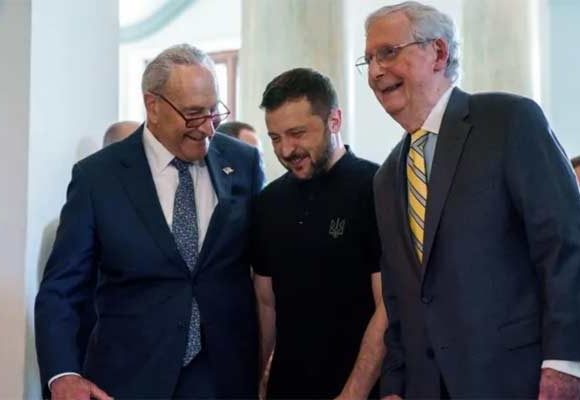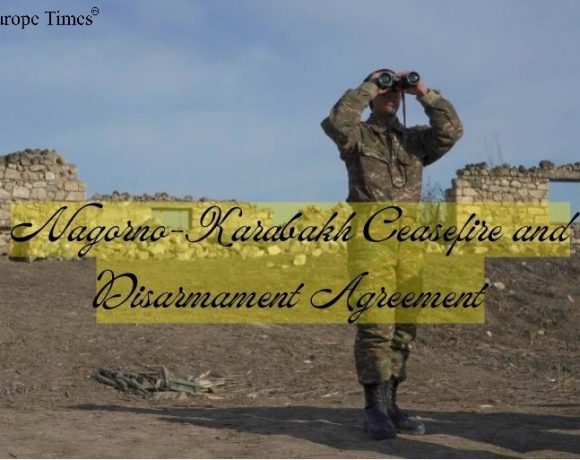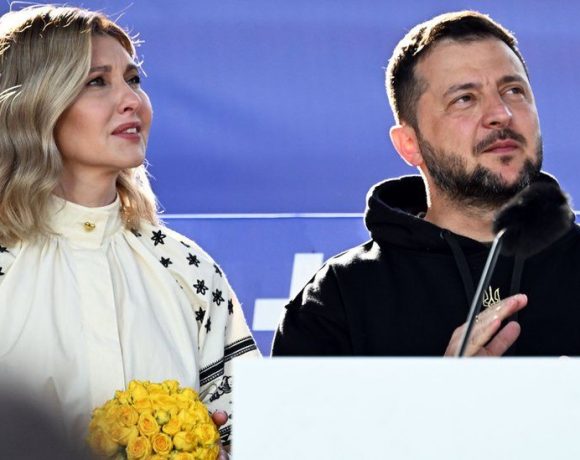
NATO members have pledged support for an “irreversible path” to future membership for Ukraine and more aid. Although a formal timeline for Ukraine’s NATO membership wasn’t agreed upon at the Washington DC summit, the 32 members expressed “unwavering” support for Ukraine’s war effort. NATO announced further integration with Ukraine’s military and committed €40 billion in aid over the next year, including F-16 fighter jets and air defense support. Secretary-General Jens Stoltenberg emphasized that supporting Ukraine is in NATO’s own security interest.
US Secretary of State Antony Blinken confirmed the transfer of US-built F-16 jets to Ukraine from Denmark and the Netherlands, expected to be operational this summer. NATO members also agreed to establish a new unit to coordinate military aid and training for the Ukrainian army, aiming to deepen ties with Ukraine. The joint statement highlighted Ukraine’s “concrete progress” on necessary reforms but stated that a formal membership invitation would be extended only when certain conditions are met.
The summit’s declaration identified Russia as the most significant threat to security and criticized China for supporting Russia’s war against Ukraine. Beijing responded angrily, accusing NATO of fabricating disinformation and provoking confrontation. China also urged NATO to stay out of the Asia-Pacific region, accusing the alliance of undermining regional peace and stability by strengthening military ties with China’s neighbors.
Ukrainian President Volodymyr Zelensky attended the summit, meeting with world leaders, including UK Prime Minister Sir Keir Starmer and US politicians, to secure continued support for Ukraine. NATO leaders aimed to present a united front on Ukraine, despite recent Russian gains on the battlefield and the absence of a clear timeline for Ukraine’s NATO membership. The summit, marking NATO’s 75th anniversary, occurred amid political challenges for US President Joe Biden and concerns over potential impacts of US domestic politics on the alliance. Biden reaffirmed support for Ukraine and called for increased defense investment from NATO members.
Picture Courtesy: Google/images are subject to copyright


